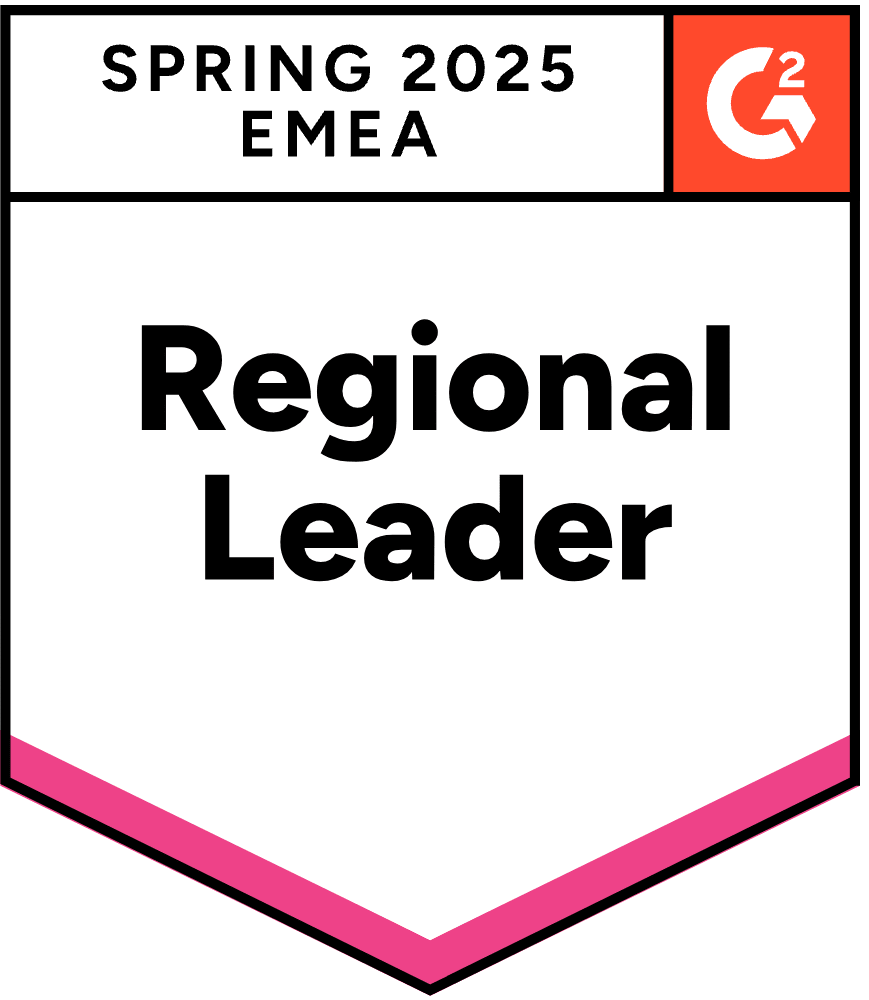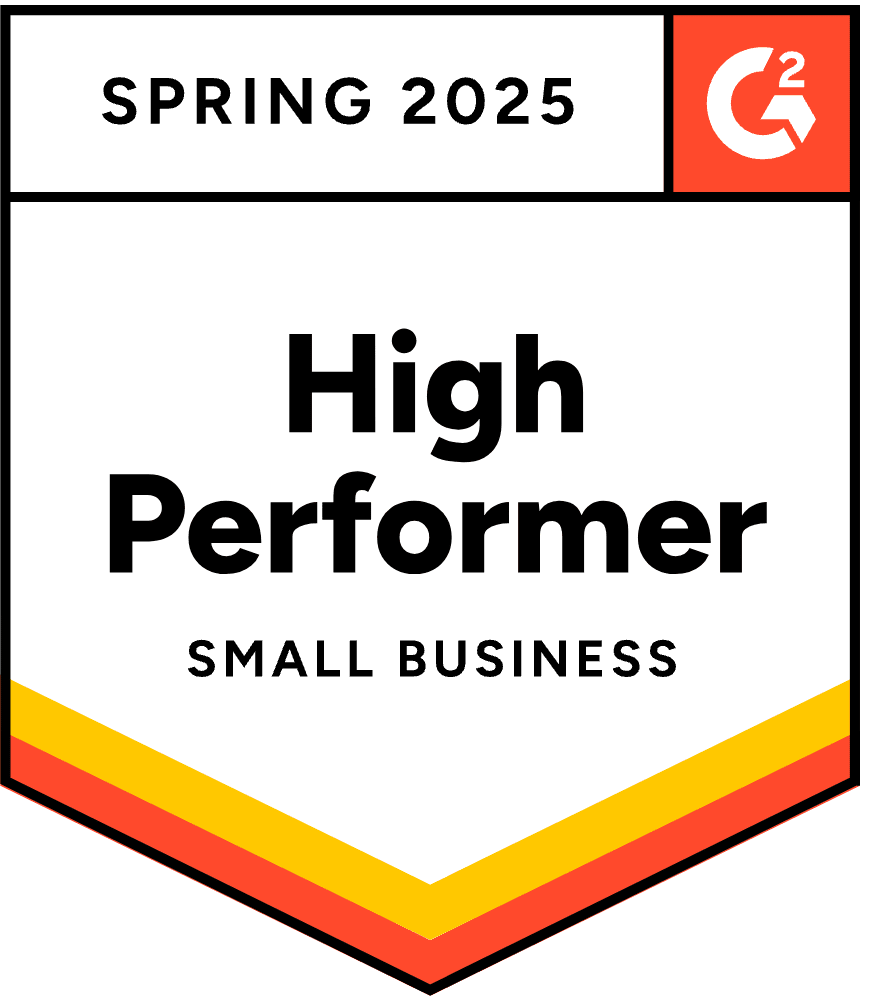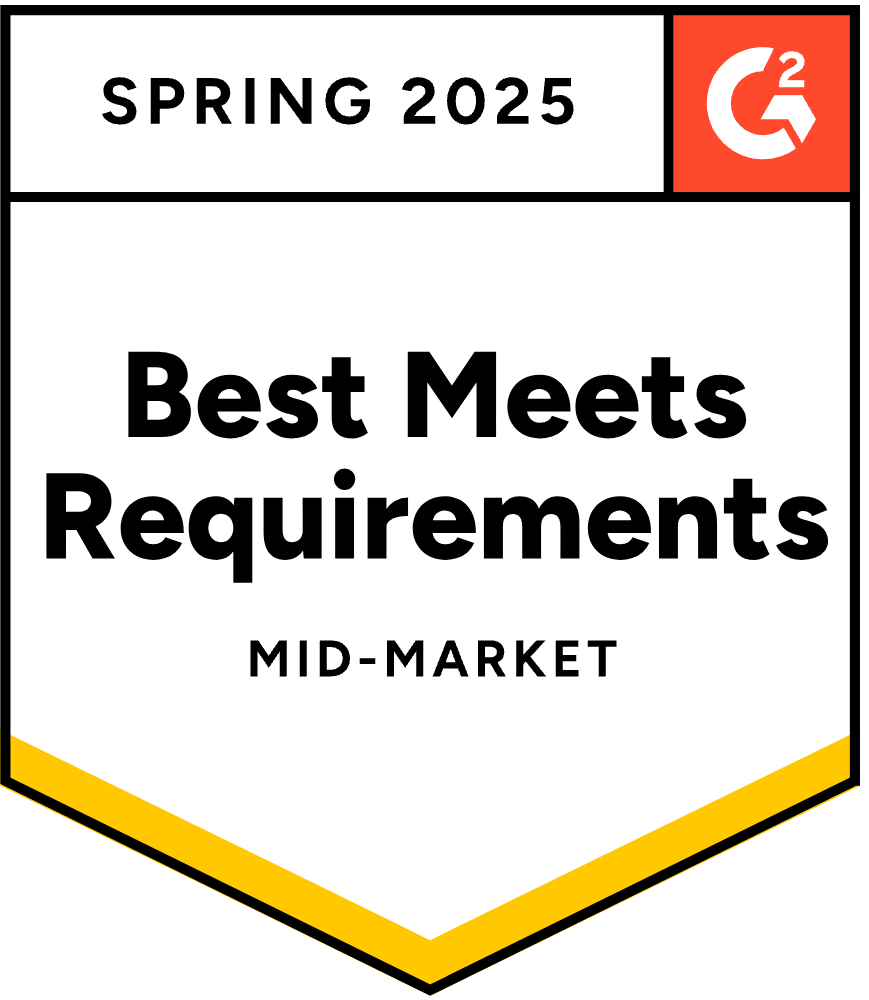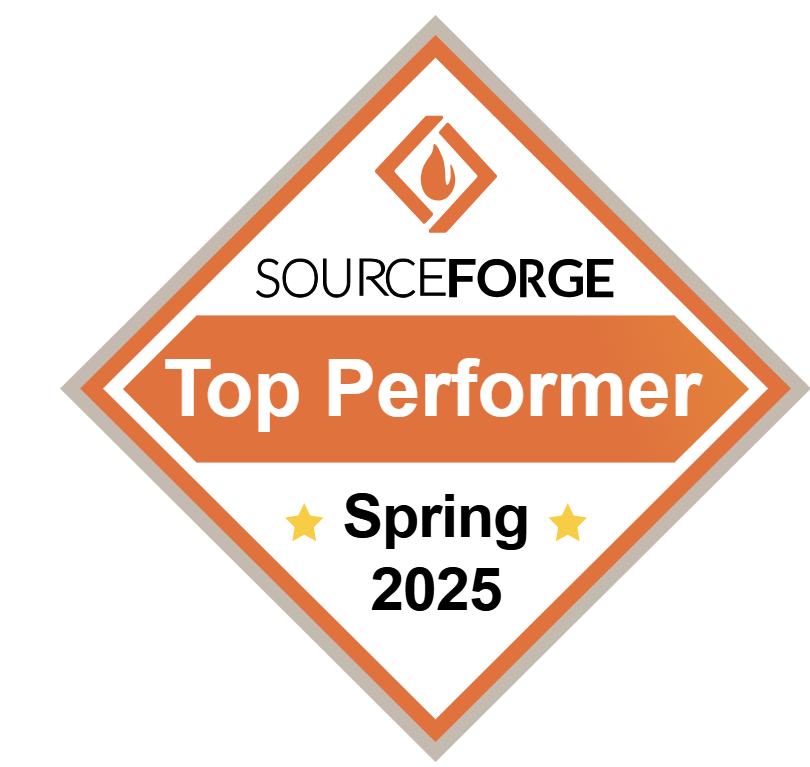- Blog
- 4 Biggest Marketing Campaign Optimization Challenges & How to Solve Them in 2025
4 Biggest Marketing Campaign Optimization Challenges & How to Solve Them in 2025
-
Nikolett Lorincz
- Marketing
- 6 min read
Table of Contents
Conversion rate optimization is all about ensuring that you’re getting the maximum possible benefit from your marketing spend, and it’s an essential part of running an ecommerce store in 2025.
With increased competition online and other industry trends, you need to make sure that you’re outperforming other online stores in your niche by utilizing tools that provide insights and accurate data.
Optimization can boost the performance of all your marketing campaigns by ensuring you’re reaching the right target audience with the right message.
Many large ecommerce enterprises have their own dedicated conversion optimization team with a specifically-defined CRO budget.
But even if your business isn’t that large, you can still build a conversion optimization culture… as long as you’re able to overcome these 4 marketing challenges to enhance campaign performance.
Let’s see what they are!
What is conversion rate optimization?
Conversion rate optimization (CRO) is the practice of improving the effectiveness of your website or landing pages to increase the percentage of visitors who take a desired action—whether it’s making a purchase, signing up for an email list, or filling out a contact form.
Why is it important?
In a world where online competition is fierce, optimization ensures that your marketing efforts aren’t just attracting visitors—they’re converting them into loyal customers.
When done correctly, it makes your website a more efficient tool for your business, helping to lower your customer acquisition costs and increase your revenue.
Informed decisions based on data-driven insights are crucial in this process.
4 biggest challenges of optimizing your website and marketing efforts
While optimizing your website is essential for growth, there are significant challenges many marketers encounter along the way. By understanding these obstacles, you can gain valuable insights into improving your performance marketing efforts.
Let’s explore the main challenges and how you can overcome them.
1. Lack of time
Marketing teams (and individuals who run their own online stores) have so many tasks that conversion optimization sometimes gets overlooked.
CRO is a complex process with multiple steps, including gathering data, developing test hypotheses, and creating new variants of web pages to accomplish specific objectives. And when done right, it’s an ongoing process, not a one-time task that ends with a successful experiment.
All this means that conversion rate optimization requires significant time and effort. Often, conversion optimization is a full-time job.
2. Lack of knowledge
The second barrier to conversion rate optimization is the complexity of the tasks involved in the process. Each task requires lots of knowledge in specific areas.
Not only do CRO initiatives call for a deep understanding of user behavior, but they also involve highly technical tasks such as implementing tracking codes, setting up A/B tests, and running heuristic analysis.
Marketers need to analyze data from diverse sources, ranging from web traffic surveys on Google Analytics to mouse tracking software.
Conversion optimization requires a commitment to learning, which also takes time and energy.
3. Expense of hiring a CRO expert
If you don’t want to handle all that technical analysis yourself, you might consider hiring an expert or building a CRO team.
Unfortunately, the high cost of this step—which can run anywhere between $40,000 and $120,000 per year—is prohibitive for many small business owners.
Unless you can afford the average cost of a CRO expert, which is $5,452 per month, you’re going to lack the consistent support you need for a successful conversion rate optimization program.
4. Making decisions based on gut feelings
When an online marketer doesn’t have the knowledge or skills necessary to conduct conversion rate optimization themselves (or the budget to hire qualified CRO practitioners) the one resource they can turn to is their gut.
However, humans are ultimately emotional decision-makers, and there’s a risk of making suboptimal decisions.
In contrast, conversion rate optimization is a highly structured process that takes advantage of all the data you have at your disposal.
If you want to achieve truly effective conversion rate optimization, you can’t rely on personal experiences, emotions, or assumptions without running the risk of letting subjective biases influence your decisions.
You need to use data-driven conversion optimization, which means developing testable hypotheses, gathering a representative sample size, discarding failed hypotheses, and running subsequent tests.
We know how daunting that sounds, so we’re here to offer a solution!
How to solve these marketing challenges?
Luckily, recent advances in artificial intelligence can help alleviate many of the CRO challenges marketers and marketing teams face.
An AI-powered CRO tool can automate 99% of the tasks associated with conversion optimization, freeing you up to maximize your efficiency and focus on the important tasks you’re good at.
With OptiMonk AI, you don’t need heaps of CRO knowledge and you don’t need to hire an expensive expert.
Our machine learning-powered AI will make the right decisions for your store by analyzing your website and landing pages, automatically generating new variants of your headlines and USPs, and running a competitive analysis to see which one performs best.
When you know which messages perform best for your user segments based on data rather than gut feelings, you can be sure that you aren’t leaving any conversions on the table!
Wrapping up
If you want to grow into an enterprise-level ecommerce company, you need to make sure that conversion rate optimization becomes part of your organization’s culture.
Optimizing all your marketing campaigns, from your lead generation offer to your landing page performance, brings a sense of professionalism and accountability that will do wonders for your business value.
When you apply CRO principles to your online store, business goals that seemed just out of reach will suddenly become achievable… you just need to find the right tools to support your CRO initiatives and boost campaign performance!
Migration has never been easier
We made switching a no-brainer with our free, white-glove onboarding service so you can get started in the blink of an eye.
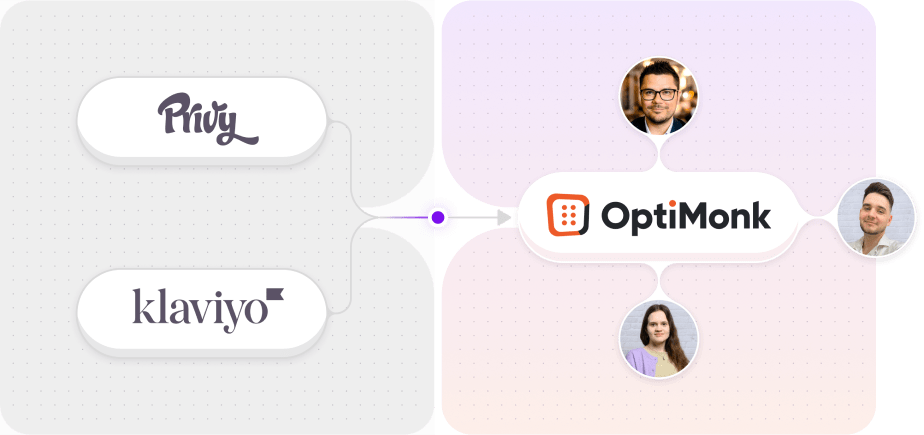
What should you do next?
Thanks for reading till the end. Here are 4 ways we can help you grow your business:
Boost conversions with proven use cases
Explore our Use Case Library, filled with actionable personalization examples and step-by-step guides to unlock your website's full potential. Check out Use Case Library
Create a free OptiMonk account
Create a free OptiMonk account and easily get started with popups and conversion rate optimization. Get OptiMonk free
Get advice from a CRO expert
Schedule a personalized discovery call with one of our experts to explore how OptiMonk can help you grow your business. Book a demo
Join our weekly newsletter
Real CRO insights & marketing tips. No fluff. Straight to your inbox. Subscribe now
Nikolett Lorincz
- Posted in
- Marketing
Partner with us
- © OptiMonk. All rights reserved!
- Terms of Use
- Privacy Policy
- Cookie Policy
Product updates: January Release 2025
